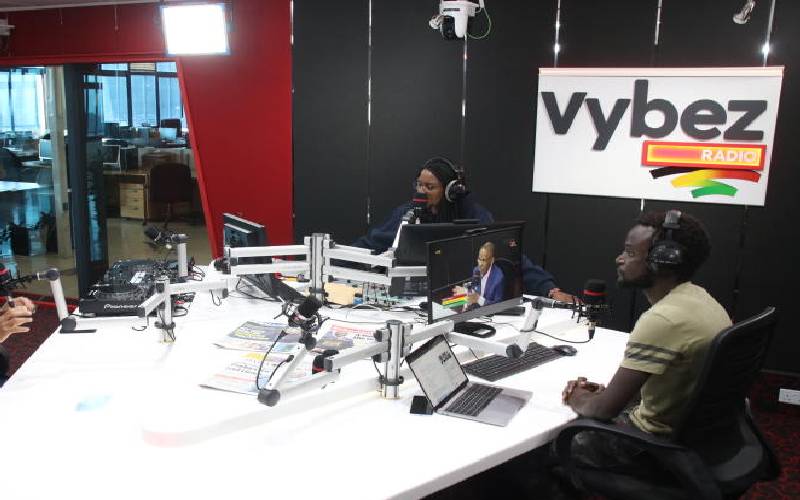×
The Standard e-Paper
Smart Minds Choose Us

The recently published Media Council of Kenya Status of the Media Report 2020, has interesting revelations on the consumption of radio programmes, which is food for thought for media owners and researchers. Radio content consumption dropped considerably in 2020. This confirms the standpoint of media experts on the liberalisation of media waves in the 1990s within Eastern Africa.